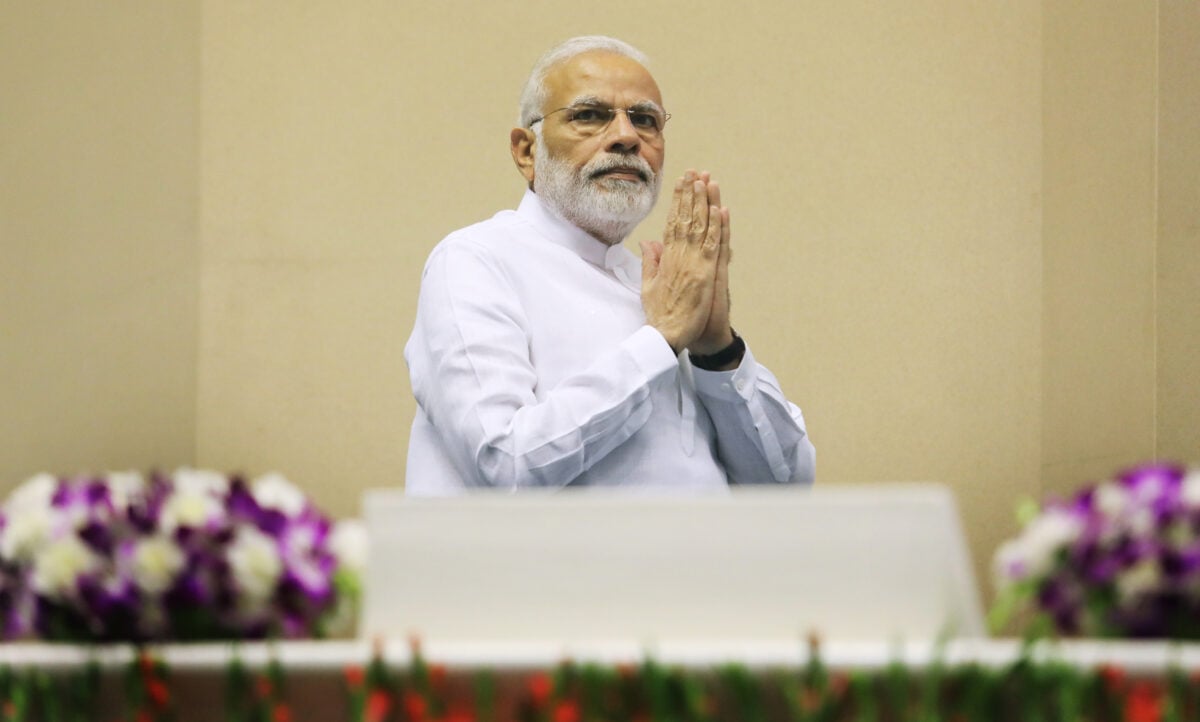TLDRs;
- India proposes raising GST on EVs above $46,000 from 5% to 28%, with a possible 40% category.
- Tesla, BMW, Mercedes, and BYD would face steep tax hikes, while Tata Motors and Mahindra may avoid major impact.
- Industry experts warn higher taxes could slow India’s EV adoption, which grew 93% year-on-year this April–July.
- The move contrasts with global trends where subsidies and incentives drive EV adoption, raising questions about India’s long-term strategy.
India’s ambitious electric vehicle (EV) growth story may encounter fresh headwinds after a government panel proposed a sweeping increase in taxes on luxury EVs.
According to a government document reviewed by a reliable source, the panel recommended raising the goods and services tax (GST) on premium EVs priced above US$46,000 (about 4 million rupees) from the current 5% to as high as 28%. Even more striking, the panel suggested introducing a new 40% tax category for top-tier luxury models.
The proposal targets vehicles largely imported from overseas manufacturers, including Tesla, Mercedes-Benz, BMW, and China’s BYD. Domestic players such as Tata Motors and Mahindra, which dominate India’s affordable EV space, may be less affected given their limited offerings in the premium segment.
Tesla Among the Hardest Hit
Tesla, which has long eyed India as a critical growth market, would be directly impacted by the proposed tax changes. Its Model Y, priced at around US$65,000, falls squarely within the highest bracket.
Analysts warn that such steep levies could dampen Tesla’s long-awaited entry into India and limit consumer demand for its premium offerings.
Other luxury automakers such as BMW and Mercedes also face similar challenges. Their imported EV models, often marketed to India’s growing affluent class, would likely become significantly more expensive, potentially reducing sales volumes in an already small but fast-growing EV market.
EV Adoption at Crossroads
India’s EV market is still nascent but expanding rapidly. Between April and July, EVs accounted for 5% of total car sales, with overall volumes rising 93% compared to the previous year. Industry experts argue that higher taxes could derail this momentum, slowing adoption rates at a time when the government is pushing for greener transportation solutions.
Globally, most countries are offering subsidies and tax incentives to encourage EV adoption. In Europe, for example, France provides up to €4,000 in subsidies, while Germany grants corporate tax breaks for EV fleets. The Netherlands exempts EVs from registration taxes altogether. Norway, the world’s EV leader, saw 88% of new car sales in 2024 powered by electricity thanks to generous incentives and policy mandates.
India’s proposal, by contrast, represents a stark departure from this trend, placing it among the few major markets actively raising taxes on electric mobility rather than incentivizing it.
Domestic Industry Protection in Focus
The tax panel justified its recommendation by arguing that high-priced EVs cater to the wealthy and are predominantly imported, with limited contribution to India’s domestic manufacturing goals.
This aligns with Prime Minister Narendra Modi’s “Make in India” vision, which emphasizes reducing reliance on foreign imports.
Tata Motors, holding about 40% market share, and Mahindra, with 18%, stand to benefit as their product lines remain largely within the affordable segment below the steep tax brackets. This protectionist tilt may strengthen domestic manufacturers but risks alienating global EV players who could scale back investments in India.







